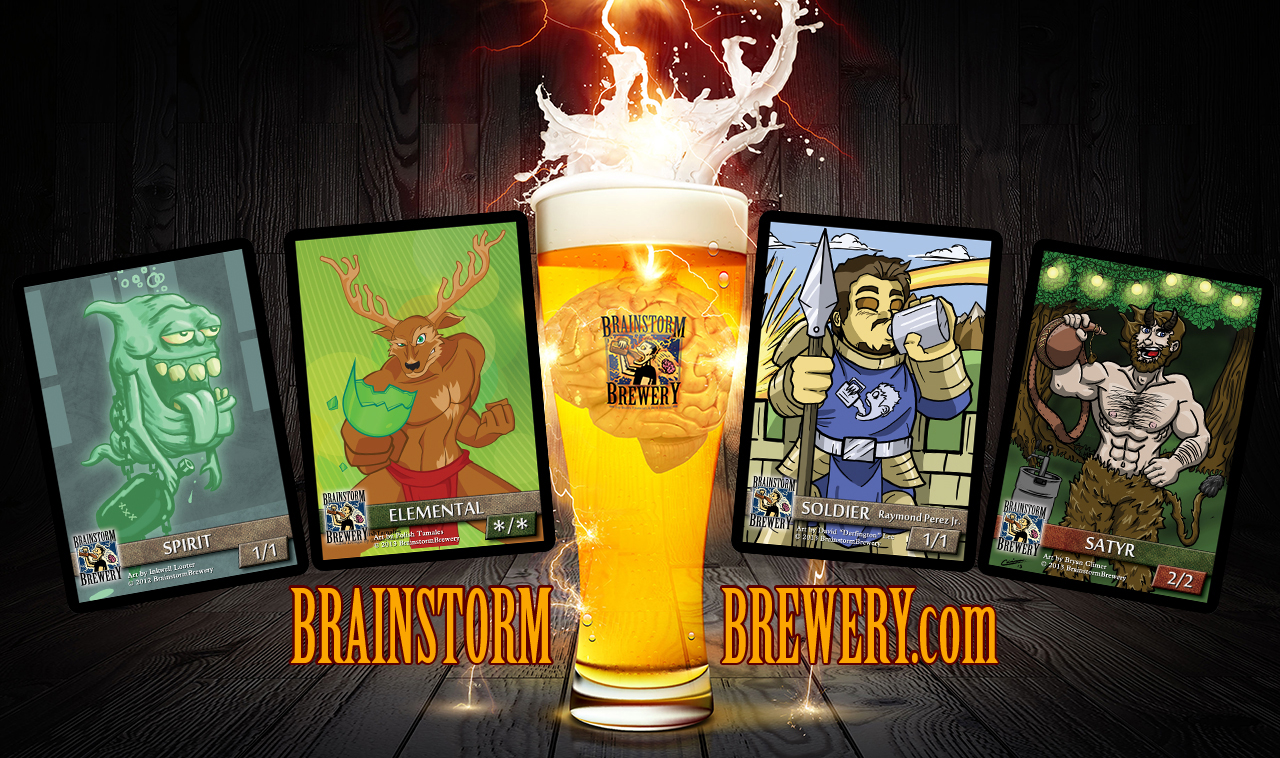
I recently spent four and a half days playing multiplayer Magic with my brother and two friends over a long weekend. This was the fourth annual event playing Magic from wake-up to pass-out. We rent a double suite and spend 16 hours a day playing nothing but multiplayer Magic. It gave me many chances to reflect on and apply my understanding of Love and Hate. In the previous article, we uncovered sources of multiplayer hate, and in this sequel, we will look at the other side of the coin. It is all about the Love.
Love
Again, I’ll restate the obvious. Humans are emotional creatures, even Spikes. If another player offers a carrot, it is hard to say no or not use that action in our future game calculations of who to target and attack. If you can woo another player into this scenario, you earn an advantage. It is often advantageous to cultivate alliances with gifts, and those who unduly cross those alliances reap negative rewards from both you and other players who view those actions as treacherous. I think a majority of multiplayer games use the Commander format, and that is what I have the most experience with, but most of the types of love can apply to other multiplayer variants like Planechase and Archenemy as well.
There are a number of actions that can generate love. I hope to explore a number of them in the paragraphs that follow. Remember that political tricks need to be used judiciously. Using too many or too often will tip your hat to the other players and they will start reacting differently than you might expect.
Commander Love
In multiplayer Magic there are few commanders that garner love and hate like [card]Zedruu, the Greathearted[/card]. Zedruu has the ability to [card]Donate[/card] permanents to your opponents. Sometimes those cards are negative, sometimes completely benign, and sometimes they are beneficial to the donatee. There is an EDH player out there who created a Zedruu deck with the explicit goal of garnering an alliance with at least one other player by casting and donating good equipment ([card]Sword of Fire and Ice[/card], anyone?) and then having the donatee sign a little contract signifying the terms of the deal. Ingenious. The Deck is called Zed’s Make ‘Em Dead Emporium, and it takes the idea of making alliances by doing good things for other players to the next level. I am not sure whether these contracts will be welcomed at your kitchen table or LGS, but verbal contracts are an integral part of most multiplayer Magic circles.
Combat Love
When you attack an opponent, that generates hate. When you provide reasoning not to attack an opponent, that can generate some love. “I am going to attack Jimmy, because I’ve decided that Pam is going to be my friend this game,” is a way to initiate some love between you and one of your opponents. Sure, Pam might just decide to attack you on her turn to put a prompt end to that alliance, but she might also attack the same opponent you attacked and give you a bestie high five. As with all of these political maneuvers, they can backfire, but why not give it a try? You can read opponents through multiple games to see which ones are most susceptible to these kinds of moves, and focus you energy where it is most effective. Try not to overuse it, though.
Problematic Permanent Removal Love
If an opponent casts a particularly problematic permanent for another opponent and you have the ability to take out that permanent, you can often garner some amount of love if you set it up before the action. “James, I can get rid of that [card]Propaganda[/card] for you. I can tell that you really want to attack Samantha.” If James bites, you can prevent James from attacking you and instead promote an attack against Samantha. Win-Win! This is especially potent if the permanent or effect is preventing a player from playing their game like a [card]Meekstone[/card] or [card]Bruna, Light of Alabaster[/card].
Lost the Last Game Love
You lost the last game, so milk it! If other players have a choice of attacks or targets, point out that you lost the last game. “Are you sure you want to attack me? I got smoked last game, remember?” Many players will take pity because they don’t like being the one who sits out after being killed first. Most people will avoid making you sit out first twice in a row.
You Killed the Other Guy Last Game Love
In multiplayer, there is a common event where it is your turn and the board state is in perfect alignment. If you attack Heather, John wins. If you attack John, Heather wins. You don’t have enough to kill both of them. If you don’t attack, you can clearly see that the next player will kill both you and the last opponent. You get to decide who wins, and it’s not going to be you. Which of your opponents will likely avoid killing you first next game if you allow them to win this game? Make your decision and swing, then ensure that the winner remembers at the opportune moment in a future game. “Remember when you won that game after I killed Heather?”
In the next article, we will explore the opposite of table hate, table love.
